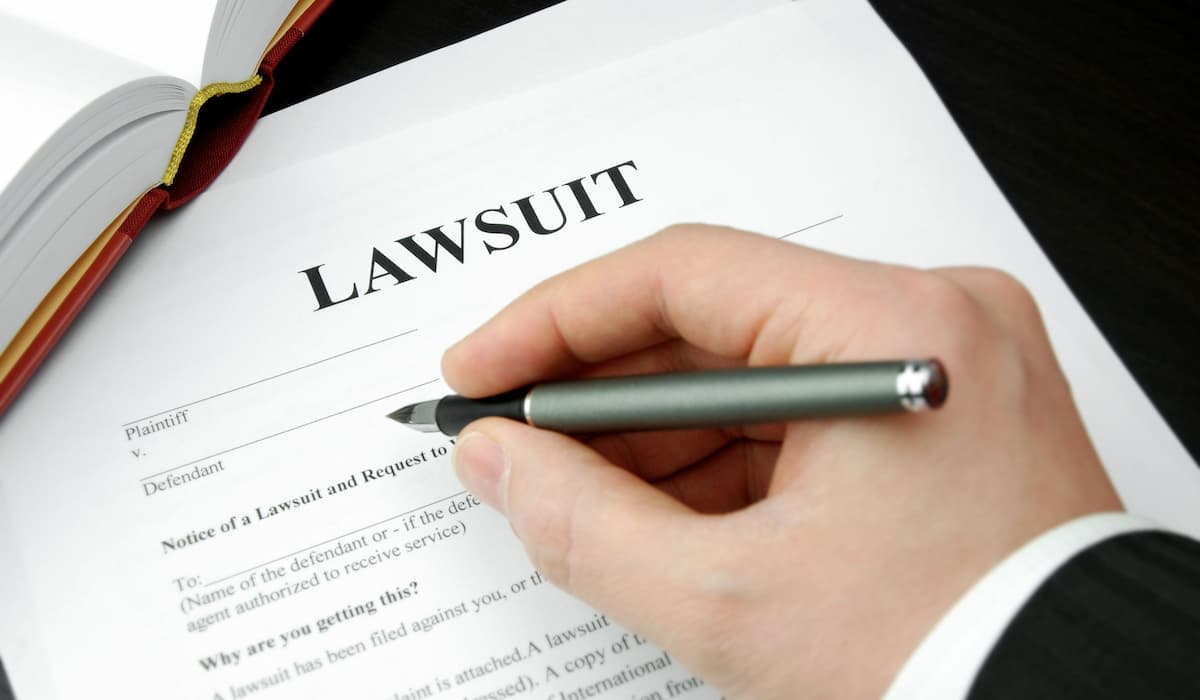Did you know that each year there are more than 300,000 civil lawsuits filed?
It doesn’t matter if you’re considering a lawsuit for a personal injury case or a business breach of contract. At the end of the day, all that matters is whether or not you have a viable case. So, how do you know whether or not your case is worth going to court for? Simple: by reading this article.
In it, we’ll walk you through the basics of determining whether or not you have a viable case. Let’s get started!
Table Of Contents
Do You Have Proper Grounds For a Lawsuit?

Before you decide whether or not your case is viable, you first need to find out whether or not you even have grounds for a lawsuit. Some lawsuits are fairly straightforward since they happen fairly often.
This includes things like personal injury lawsuits for car accidents, workplace injuries and dog bites, or medical malpractice cases.
However, other lawsuits can be so specialized that even a legal expert might have trouble telling you if you have proper grounds. For example, let’s say you think someone in the government infringed upon your first amendment rights.
In this situation, you would need to find someone that specializes in constitutional law. Besides personal injury and medical malpractice cases, here are some of the other common types of lawsuits:
- Breach of contract lawsuit against someone who’s broken terms of a contract
- Wrongful death lawsuit in the event of an accident or crime
- Child custody cases in the event of failure to pay child support
- Lawsuit for the breach of fiduciary duties in the event of harm caused by a trustee or legal guardian.
A legal expert can better recommend the specific type of lawsuit needed for your situation. Remember just because you’ve been wronged doesn’t mean that a lawsuit is an answer.
It’s an unfortunate fact, but as we will see a lot of evidence is required to win a case. So, make sure you take some time to make a decision when you’re not in an upset or reactive state.
Lawsuits are expensive and time-consuming. Sometimes it might be worth it to just let things go.
How Do You Know If You Have a Viable Case?
Just because you have grounds for a lawsuit doesn’t always mean that your case is viable. Two things need to be considered when determining whether or not your case is viable: the damages you sustained and the evidence you have.
Let’s start with the damages. There are three main types of damages in lawsuits: physical injuries, financial losses, and emotional damages.
Two of these types of damages, physical injuries and financial losses, are much easier to prove than emotional damages.
That’s because there’s typically a paper trail that documents your doctor’s assessment of your injuries and any money you lost, either as a result of them or from something else.
Emotional injuries don’t come with this type of documentation. So, you’re going to need to work harder to prove them. The other consideration you need to take is the evidence you have available.
In some cases, the evidence is cut and dry. For example, let’s say you were hit and injured in a car accident. You might have objective evidence in the form of police accident reports, witness statements, and hospital bills/notes.
All of these pieces of evidence make your case viable if you need to go to court. However, if you lack important pieces of evidence, then it can seriously hurt your odds of winning the case.
Remember that you need to prove beyond the shadow of a doubt that your damages were caused by another party. That can be extremely hard to do without good evidence.
How Long Does a Lawsuit Usually Take?
Many people think that a lawsuit is their answer to quick, easy money. Sadly, this couldn’t be further from the truth. The reality is that lawsuits are long, expensive procedures.
The length of your lawsuit will depend on a variety of factors. Things like the number of lawsuits ahead of yours, the complexity of the case, the types of laws involved, and whether or not it’s being filed at a state or federal level all affect the length.
On average a typical case will last between one to two years. Before the case can even be brought before a judge it first needs to go through a settlement phase.
A good lawyer will advise you as to whether it’s better to save time and money by taking a settlement.
Ultimately, it depends on the strength of your case and the willingness of the negotiators. Still, if you’re serious about a lawsuit you should buckle up for a long experience.
Consult With a Relevant Lawyer
Ultimately, the only way to find out if you have a viable case is to find an attorney and ask them about it. Make sure you schedule your consultation with someone that specializes in the type of case you’re dealing with.
For example, if you were in a car accident, then look for a personal injury lawyer. Or, if you’re filing a product liability lawsuit, then meet with a defective products lawyer.
What’s more, you should seek multiple opinions from different lawyers. Ask them to be blunt in their assessment of your case. If everyone is recommending against pursuing a lawsuit, it’s important to take this to heart.
Appreciate Learning More About Lawsuits? Keep Reading
We hope this article helped you learn whether or not you have a viable case. At the end of the day, it doesn’t matter how certain you are of the outcome of your case. You should still find a lawyer to get a second opinion.
Did you learn something from this article? If the answer is yes, then keep exploring to find hundreds of more topics just like it.



